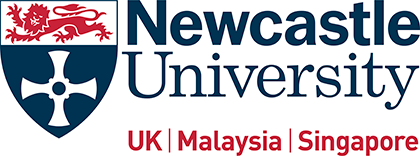Newcastle City Futures (NCF) was established in 2014 by Newcastle University as a collaborative platform to bring together Research and Development potential with long term policy trends and business needs in the city. It led a very successful public facing NCF exhibition and events at the Guildhall in 2014 with 24 partners addressing Newcastle past, present and future in visual and engaging forms.
In 2015, the City Council established the City Futures Development Group (CFDG) comprising local authorities, universities, the LEP and private sector to think long term about the city’s prospects and research needs. The CFDG reports to the Science City Partnership Board but aims to identify growth opportunities, multi-partner and multi-sector projects, public and business engagement on city futures, and new research projects.
NCF was part funded in 2014-15 by the Government Office for Science Future of Cities Foresight Project, led by Sir Mark Walport and Sir Alan Wilson; its long term report, Newcastle City Futures 2065, was published in July 2015 identifying evidence and priority themes, and set out the case for Newcastle to be seen as a test-bed city for innovation.
In 2016, NCF became a £1.2m Research Councils UK/ Innovate UK Urban Living Partnership (ULP) pilot project (one of only five nationally) that aims to address the future needs of Newcastle and Gateshead through the collaborative design of projects that can be delivered across the city region. There will be a phase 2 ULP call worth £10m per city to fund projects from 2018.

